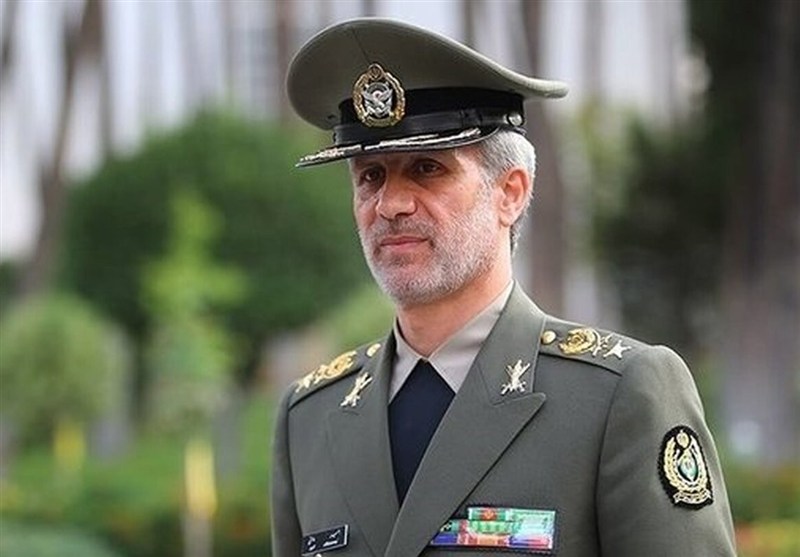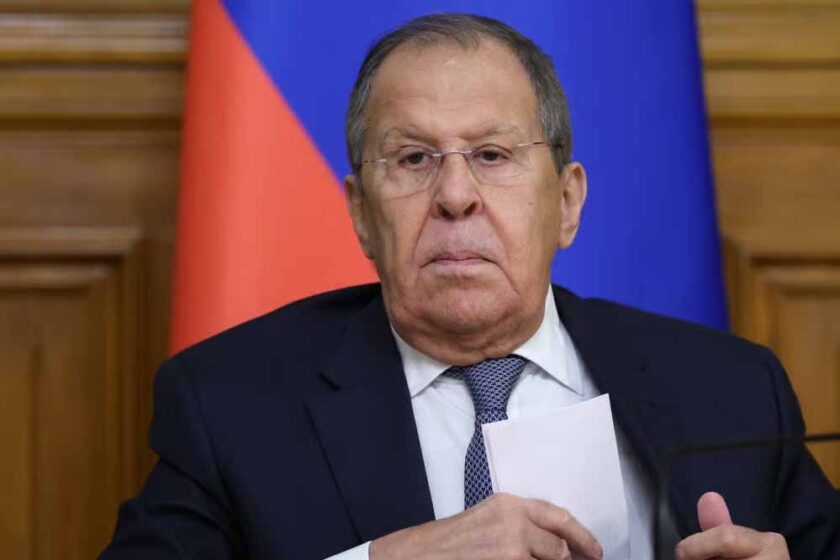Tehran: In a significant reshuffle of Iran’s military leadership, Supreme Leader Ayatollah Seyyed Ali Khamenei has appointed Major General Amir Hatami as the new Chief Commander of the Army of the Islamic Republic of Iran, following the assassination of several top military officials by Israeli forces. The announcement, made via Iran’s state news agency IRNA, comes as the conflict between Iran and Israel escalates sharply.
Major General Hatami, who previously served as Iran’s Minister of Defense from 2013 to 2021, was praised by Khamenei for his “loyalty, capability, and experience.” The Supreme Leader emphasized the need for a “transformational and revolutionary approach” in the current geopolitical climate.
Former Army Chief Major General Seyyed Abdolrahim Mousavi has been appointed as the new Chief of Staff of the Armed Forces, succeeding the late General Mohammad Hossein Bagheri, who was killed in an Israeli airstrike. In a post on X (formerly Twitter), Khamenei wrote, “In light of the martyrdom of Lieutenant General Mohammad Hossein Bagheri by the wicked Zionist regime, and the commendable service of Major General Mousavi, I appoint him as the Chief of Staff of the Armed Forces.”
New IRGC Leadership Announced
Following the death of Lieutenant General Hossein Salami, commander of the Islamic Revolutionary Guard Corps (IRGC), in Israel’s “Operation Rising Lion,” Khamenei appointed Major General Mohammad Pakpour as the new IRGC Commander-in-Chief. Pakpour is a veteran commander known for his leadership of ground operations.
In another major appointment, Major General Ali Shadmani has been named head of the Khatam al-Anbiya Central Headquarters, replacing Lieutenant General Gholam Ali Rashid, who was also killed in the Israeli strikes.
Massive Loss of Iranian Leadership
Israel’s air campaign involved over 200 fighter jets targeting military and nuclear facilities in Tehran, Isfahan, and Fordow. According to Israeli sources, the strikes were aimed at halting Iran’s alleged buildup of weapons-grade uranium. Among those killed in the coordinated attacks were:
-
Maj. Gen. Hossein Salami – Commander of the IRGC, known for leading missile strikes on Israel in 2024.
-
Maj. Gen. Mohammad Bagheri – Chief of Staff, instrumental in Syrian military strategy and regional diplomacy.
-
Ali Shamkhani – Former national security adviser, architect of Iran-Saudi rapprochement.
-
Amir Ali Hajizadeh – Head of IRGC Aerospace Force, killed in a strike on an underground command center.

-
Gholam Ali Rashid – Commander of the Khatam al-Anbiya HQ.
-
Dr. Fereydoon Abbasi and Dr. Mohammad Mehdi Tehranchi – Two prominent nuclear scientists.
Iran’s health ministry confirmed 78 civilian deaths, including women and children, and over 320 injuries in residential neighborhoods around Tehran. Several buildings were damaged, and a nationwide emergency has been declared.
Iran Responds With Force
Iran swiftly launched retaliatory strikes, firing over 100 drones and missiles at Israeli cities. A statement on Iran’s official X account declared, “We did not start this war, but we will respond.” Tehran has blamed the United States for supporting the Israeli offensive, alleging that attacks were launched through Iraqi airspace controlled by American forces.
Khamenei vowed “severe punishment” for Israel, stating that Iran’s sovereignty had been violated and consequences would follow.
Israel’s Justification and Preparation
Israeli Prime Minister Benjamin Netanyahu defended the strikes as essential for “neutralizing Iran’s nuclear threat.” He linked Iran’s accelerated nuclear activities to the weakening of its regional influence following the September 2024 assassination of Hezbollah chief Hassan Nasrallah.
Netanyahu said, “This operation was necessary for the survival of Israel.” In response to anticipated Iranian retaliation, Israel has mobilized reserve forces and declared a national state of emergency.
As both nations brace for further conflict, global leaders continue to issue urgent calls for de-escalation to prevent a wider regional war.









